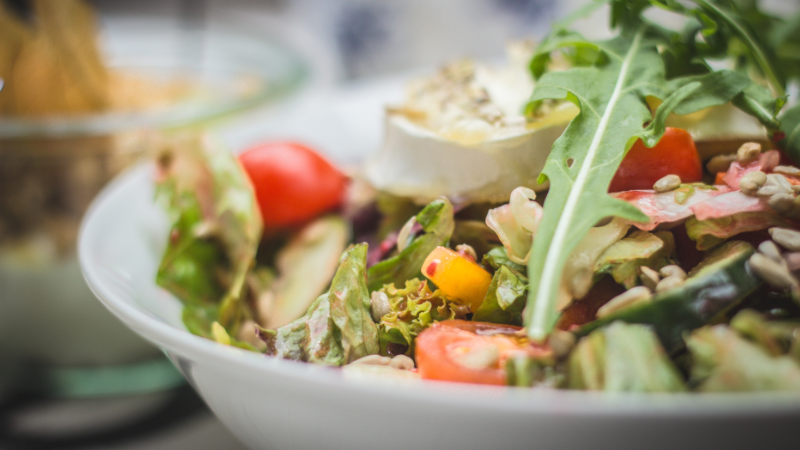- Folic acid is a manufactured type of vitamin B-9 that you get from enriched foods or a vitamin supplement.
- Folate is a natural type of vitamin B-9 that you get from green leafy vegetables, citrus fruits, beans, peas, and nuts.
Why is folic acid so important?
Your body needs folic acid to make new cells every day. This is especially important during growth spurts and pregnancy.
What is the difference between folic acid and folate?
Folic acid and folate are different forms of vitamin B-9.
Folic acid:
- is the manufactured type of vitamin B-9
- is added to vitamin supplements and certain foods (called enriched or fortified foods).
Folate:
- is the natural type of vitamin B-9 that’s found in foods such as green leafy vegetables, citrus fruits, beans, peas, and nuts.
The biggest difference between folic acid and folate is that the body uses folic acid more easily than folate. Since folic acid is used more efficiently by the body, this form of the B vitamin is the one found in vitamins, supplements, and enriched/fortified foods.
How much folic acid do I need? Where can I find it?
Folic acid is measured in micrograms (mcg). For teens and young adults, the recommendation is 400 micrograms of folic acid per day. Folic acid is added to many foods to help make sure that all individuals have enough in their diet. Foods with added folic acid include fortified breakfast cereals, rice, flours, and enriched breads and pastas. Many of these products provide 100% of the daily value (recommended amount) of folic acid. Taking a quick look at the nutrition label will let you know if folic acid was added.
The natural form of vitamin B-9, folate, is naturally found in:
- green leafy vegetables
- some citrus fruits (such as oranges)
- beans
- peas
- nuts
- avocado
- eggs
Since cooking can make it harder for folate in food to be absorbed by your body, try eating some green vegetables raw or lightly cooked instead of roasted or boiled.
Teens and young adults who don’t eat fruits, vegetables, fortified breakfast cereals, or enriched flours, as well as those who skip meals may not get enough folic acid or folate. For those teens, multivitamins or folic acid supplements that have 400 micrograms of folic acid are a good option. Don’t worry about getting too much folate from food, but don’t take more than 1000 mcg of folic acid in a supplement each day unless prescribed by your doctor.
How can I make sure I am getting enough folic acid?
- Eat more foods naturally rich in folate:
- Lentils
- Dark leafy greens (spinach, collard greens, turnip greens, mustard greens)
- Broccoli, cauliflower, brussels sprouts, asparagus, romaine lettuce, and cabbage
- Beans (pinto, garbanzo, black, navy, kidney, lima)
- Fruit (oranges, cantaloupe, pineapple, raspberries, papaya, avocado, and banana)
- Beets
- Peanuts
- Eggs
- Eat one serving a day of a breakfast cereal fortified with 100% of the recommended daily amount of folic acid (check the nutrition facts label for the serving size) such as:
- 3/4 cup of Kashi Heart-to-Heart Honey Toasted Oat®
- 3/4 cup of Total®
- 1 cup of Quaker Oatmeal Squares®
- 1 cup of Special K®
- 3/4 cup of Life®
- Take a daily vitamin supplement with 300-400 mcg of folic acid
- Eat more foods fortified with folic acid (look for the words fortified or enriched on the label):
- Enriched breads
- Enriched pasta
- Enriched rice
 Young Men's Health
Young Men's Health

